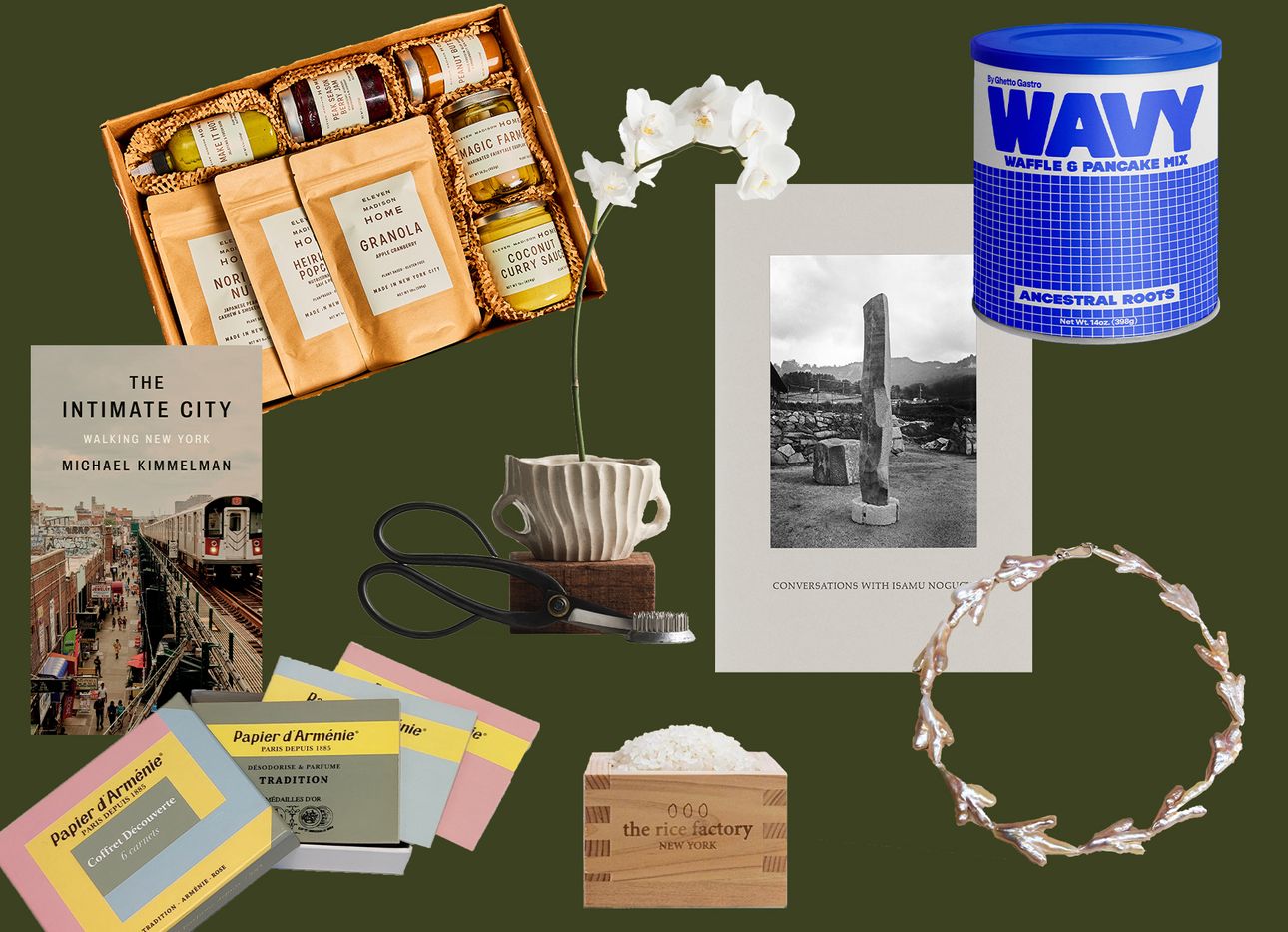
Eight Distinctive and Delightful Gifts for the 2022 Holiday Season
A few years ago, some days after my birthday, a cardboard shipping tube appeared at my door, beige and unassuming, addressed to me but with no sender information listed. Upon discovering its contents, I was in tears—I knew immediately who had sent it and what was meant by it. It remains the best gift I’ve ever received, and it’ll stay with me for a long time.
I learned that day that a really good gift is one that could have been given only by you, only to that person. Giving a good gift requires time—time to observe, time to listen, and time to think. Good gifts touch, move, and delight.
To help with your search, our team at The Slowdown culled together eight ideas for your consideration. Spanning an ikebana kit, a pearl necklace, pancake mix, and more, hopefully there’s something below that’s perfect for that person… and perfectly from you.
Ikebana Kit Box from Space of Time

There’s always something very sweet about giving—or receiving—a gift involving flowers or plants. By its very nature, it’s a gift that calms, cheers up, and beautifies. This Ikebana Kit Box by the design studio Space of Time does all of those things, with just three simple items: a beautiful pair of black steel clippers; a floral pin frog; and the “Cave Vessel,” a limited-edition ceramic vase by London-based artist Jiayao Peng of PPP Lab, each of which has been carefully crafted by hand and is one-of-a-kind. Especially in the wintertime, when your green-thumbed friends might be getting a bit antsy, this will keep them busy, and maybe even cultivate a new avocation in the art of flower arrangement. spaceoftime.co; $110 —Emily Jiang, associate editor
“The Essentials” from Eleven Madison Home
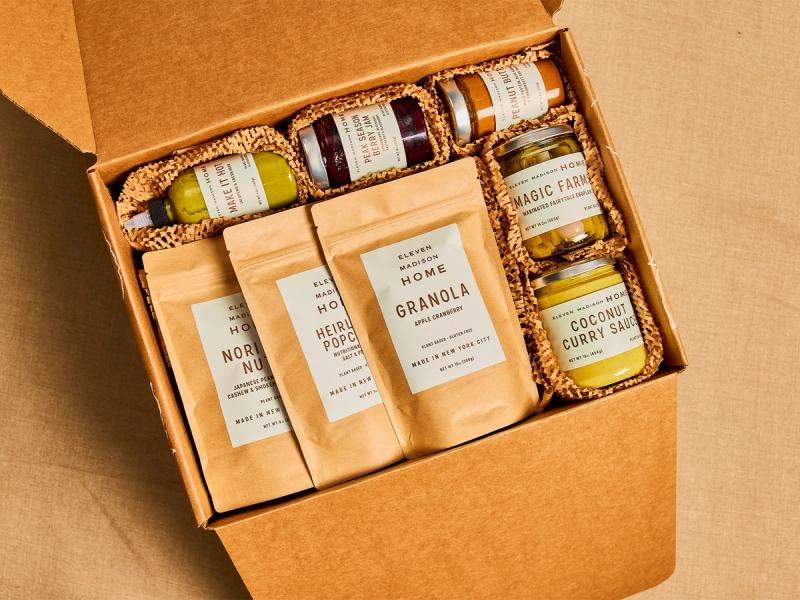
When, citing climate change and global warming, chef Daniel Humm shifted his flagship Eleven Madison Park restaurant to a vegan menu in the summer of 2021, the move represented a giant, inventive, on-the-edge leap. Despite some critics’ initial doubts, he has more than risen to the occasion: The menu has evolved into a rich, fully formed, rigorously executed cuisine that shows that plants can be just as, if not more, versatile, interesting, and delicious as meat and fish. This fall, EMP became the first three-Michelin-star vegan restaurant in history—a major, catalytic milestone, but for those following Humm and the restaurant closely, not necessarily a surprise. EMP captures what I would consider to be ‘the new luxury:’ climate-conscious, highly crafted, beautifully presented, and extraordinarily executed. This “Essentials” box provides a practical and efficient way to give EMP: in snack form. elevenmadisonhome.com; $208 —Spencer Bailey, co-founder
Papier d’Arménie “Discovery Box”
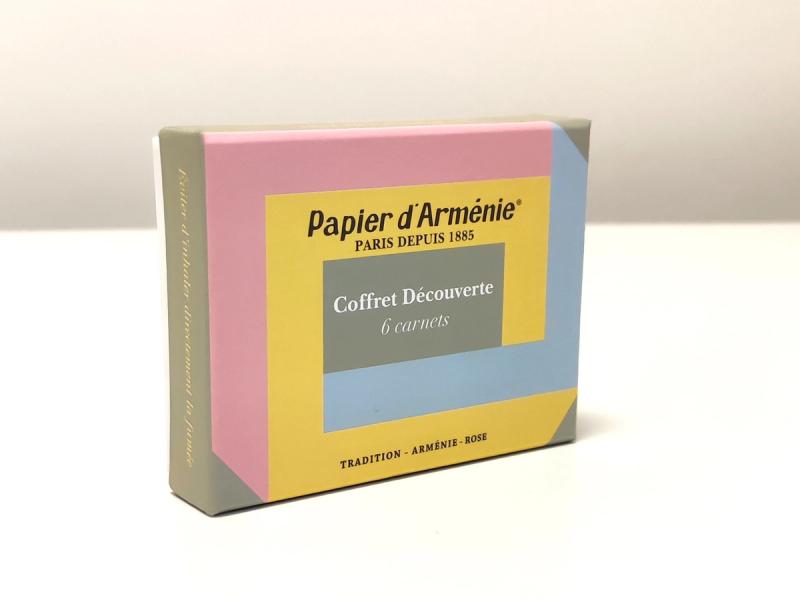
Every year I struggle to find something that applies to practically everyone near and dear to me and isn’t too expensive. Also, something that’s unique in some way—and functional. My husband’s from France, so we have a lot of French influence around us. About a year ago, I first came across this scented paper that dates back to the late 19th century, and since then we use it frequently around the house. It’s going to be my go-to gift for the holidays this year. A quiet form of luxury, it’s something small and thoughtful that leaves a lasting impression. papierdarmenie.fr; $29 —Ramon Broza, head of production
Conversations with Noguchi
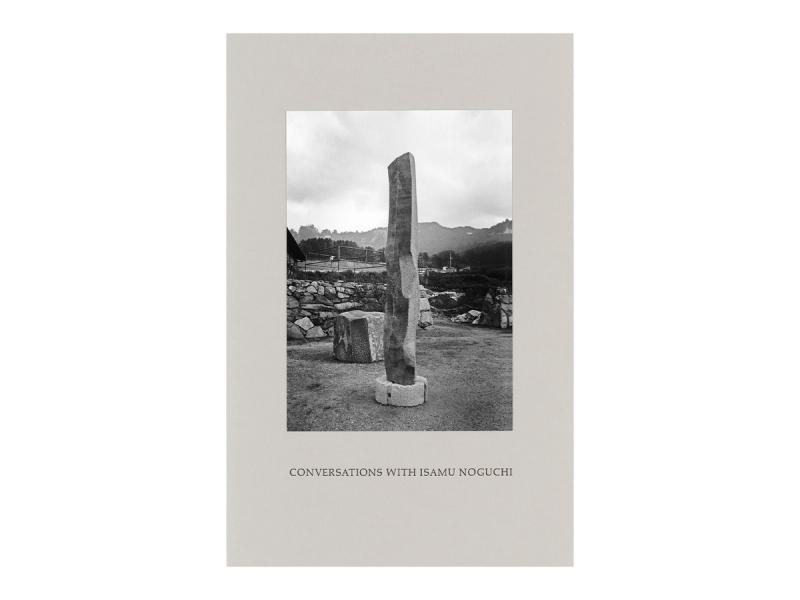
There’s really nothing better, in my mind, than giving the gift of Noguchi—an Akari light sculpture, perhaps; maybe a side table; or the coffee table. For years, I’ve been giving friends and family a beautifully organized Phaidon book, from 2015, featuring exquisite photographs of the Noguchi Museum in Long Island City, Queens, by Tina Barney and Stephen Shore. (Full disclosure: I’m on the museum’s board; regardless, I’m also an unabashed Noguchi fan and ambassador.) Now comes this impeccably designed and printed limited-edition, 400-print-run, 36-page book from the Holyoke, Massachusetts-based publisher The Brother in Elysium. Featuring texts originally published in the Spring 1989 edition of Kyoto Journal, based on conversations Noguchi had in 1988—the last year of his life—with the artist Rhony Alhalel, and photographs by the likes of Shigeo Anzai and Iwan Baan, the book serves as a profound late-in-life meditation. Alhalel and Noguchi get particularly deep into—something near and dear to us here at The Slowdown—the subject of time. shop.noguchi.org; $45 —Spencer Bailey, co-founder
Gohar World Host Necklace
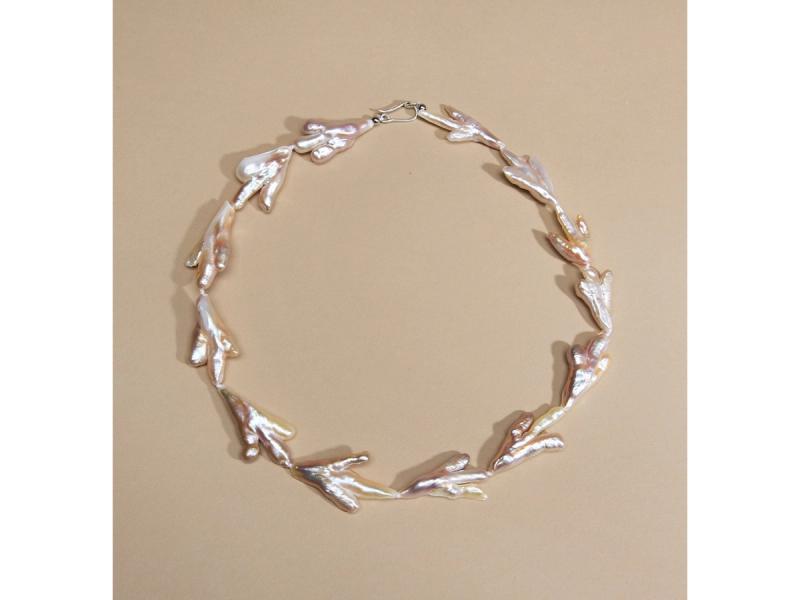
Ever since sister duo Laila and Nadia Gohar’s “tableware universe” Gohar World made its debut this past May, I haven’t been able to get enough of it. Dubbed the “Björk of food” by Drake, Laila (who was the guest on Ep. 41 of our At a Distance podcast and is featured in our At a Distance book) never fails to delight with her beyond-eccentric instincts, whether in the kitchen or in her product line, making Gohar World the perfect destination for your whimsical expat aunt or your slightly-off-their-rocker best friend. A favorite piece of mine is their “host necklace,” made of chicken-feet-shaped freshwater pearls strung on a silk cord. It’s dazzling, odd, and a bit grotesque—everything anyone could possibly want in a single holiday gift. gohar.world; $268 —Emily Jiang, associate editor
Rice from The Rice Factory New York
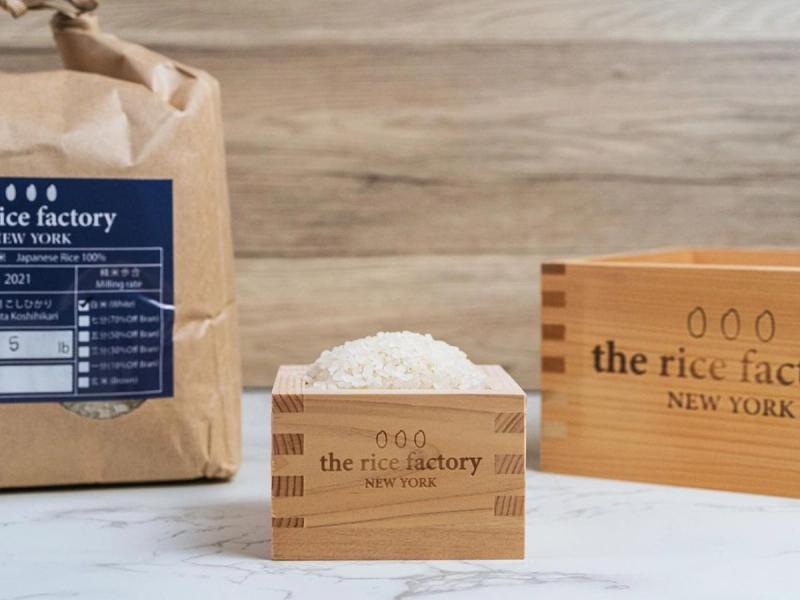
Simplicity is the keynote of all true elegance. A foolish man builds his house on the sand. And it may not, after all, be the clothes that make the man, but it’s his shoes that ladies notice first. It makes sense, then, that rice, the world’s most-eaten food, can elevate or undermine a meal. Few pleasures surprise like the ordinary, shining unexpected, which is why I’m so hooked on the Rice Factory New York’s fragrant, jewel-like, freshly milled grains, which they specially import directly from Japan in small batches by order via their website. All of TRFNY’s varietals are low-or-no-pesticide-grown, selected by appraisers, kept at perfect temperature, and milled at perfect pressure determined by the season. My favorite is the relatively affordable Hokkaido Nanatsuboshi, with its slightly al-dente texture. Even more affordable is the Niigata Koshiibuki, slightly stickier and softer. You could splurge for a great friend on the Hyogo Koshihikari Organic, a “stork-raising rice,” or the Miyagi Sasanishiki, used in many high-end sushi bars in Japan. But how to choose the perfect grain for your beloved? A suggestion: match their personality to the Factory’s X-Y texture matrix: Are they sticky or smooth? Tough or soft? And can you be their perfect-paired side dish? trf-ny.com; prices vary —Mike Lala, managing director
The Intimate City: Walking New York by Michael Kimmelman
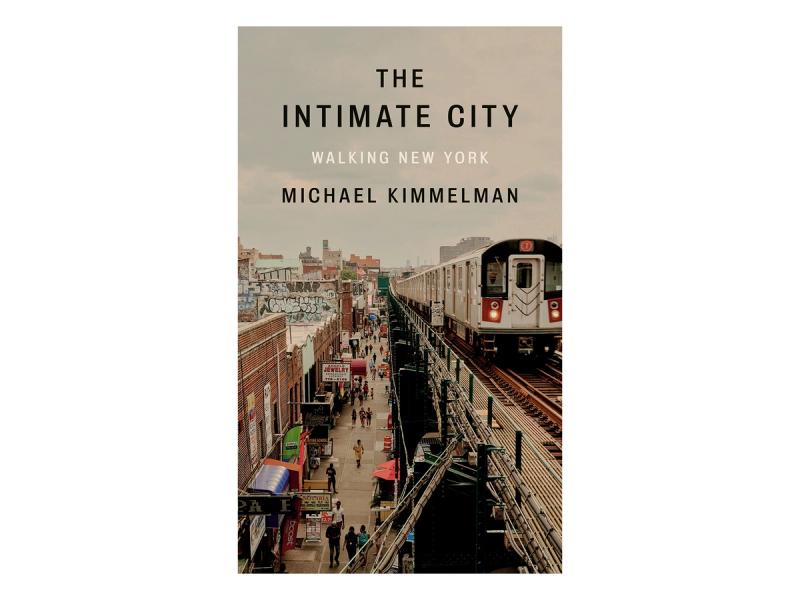
This book’s title isn’t just clever; it’s apt and reflective of how Kimmelman, the architecture critic of The New York Times, approached the project, a series of 17 walks through New York City with various architects, historians, and other experts—during a pandemic. Similar to how, at the onset of the March 2020 Covid-19 lockdown, Andrew and I created our At a Distance podcast as a means of thinking big-picture and long-view, with this series, first published in the Times and now organized in book form, Kimmelman took to the streets to process—in his own meticulous, artful, and entertaining way—the vast, storied past and precarious present of the city. It’s worth noting that, beyond his work as a critic and writer, Kimmelman is also an accomplished classically trained pianist. True to this sensibility, each of these walks is masterfully, wondrously composed. penguinrandomhouse.com; $30 —Spencer Bailey, co-founder
Ghetto Gastro Ancestral Roots Waffle and Pancake Mix

Admittedly, I’m not so great in the kitchen, but I am a big fan of simple recipes and enjoy starting my day with a hearty meal. Coming from the Bronx-based chef collective Ghetto Gastro, this waffle and pancake mix—plant-based, gluten-free, and with no sugar cane—is easy on the stomach and satisfies my sweet tooth. (As an added bonus, I recommend topping it off with their Sovereign Syrup.) I appreciate how Jon Gray & Co. are bringing necessary polyvocal narratives to food through what Gray calls “durag diplomacy” and their clever products, pop-ups, and projects around the world. Add in their new book, Black Power Kitchen, for good measure. ghettogastro.com; $20 —Ramon Broza, head of production